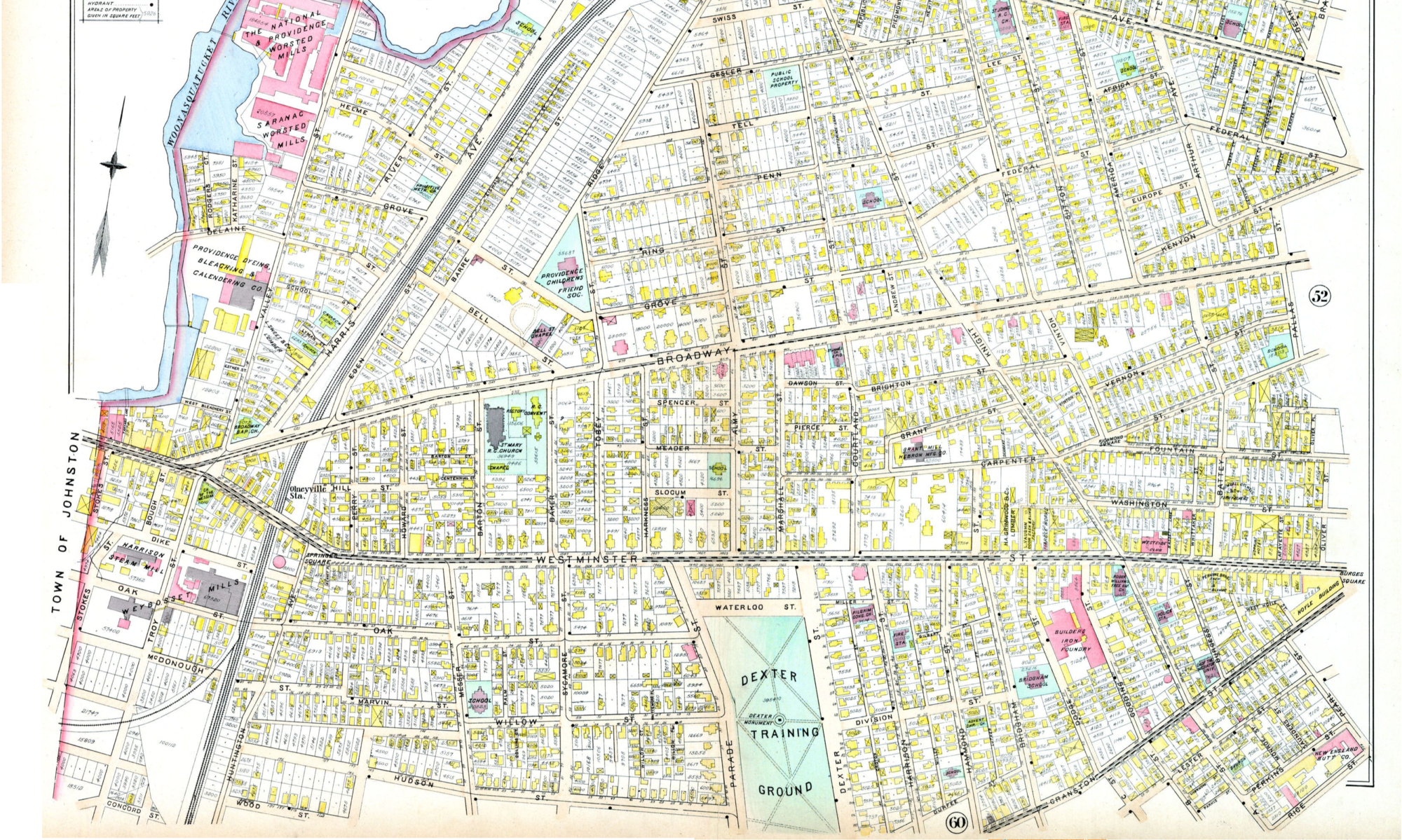Last night I had a dream, and it didn’t let me go when I woke up. I dreamed I had left my backpack (out of which I am living, in my waking life) on the Amherst Town Common, under a tree. By the time I realized that I had done so, a full day had passed. Instead of worrying about it disappearing, though, I was instead horrified to realize that it had rained the night before. All of my life, it seems, was soaked through: electronics, books, clothing, every thing. What was unique about this dream, though, was the sense of hopeless despair with which the dream concluded; frequently in such dreams there is some resolution. I wonder if that contributed to the state I found myself in upon awaking.
Dreams are such fascinating things. There is surely some meaning there, whether predictive or reflective or both, I do not know. Yet the aspects of the dream which contain those relevant structures and themes are hidden amongst static noise that is merely entertained by our minds to craft a semi-sensical story. Was this dream a reference to something important I’m forgetting? Was it a testament to the insecurity of putting all your eggs in one basket? To the power of nature? To the fear of loss? Or perhaps there was something more mundane yet significant about the dream, which I’ve already forgotten? And none of this is even taking into account the symbolic linkages discovered by the traditions and research of dream interpretation. To me, the meanings of dreams are impenetrably opaque.
And when I awoke this morning, some of my sensory feelings still felt to be in a dream. The outdoor department brunch I attended amidst the sunbeams seemed to be in a familiar place (the top of my childhood street) though of course there were many spacial cues indicating otherwise. This was as in dreams when your surroundings so frequently seem familiar. My speech was quiet and subdued, as it is in a state of half-dreaming. While aware of what I should be doing socially, I was instead single-minded in my preoccupation with this dream, compelled to write it down. This despite situations where, waking, I would interact more and go with the flow. Perhaps my writing here is even gobbledygook, though it seems coherent to me.
Dreams and waking are fascinating to ponder. I really must watch Waking Life again, though it is a bit drugged-out for my taste. Do you have thoughts or experiences about dreams? I would love to hear them.









